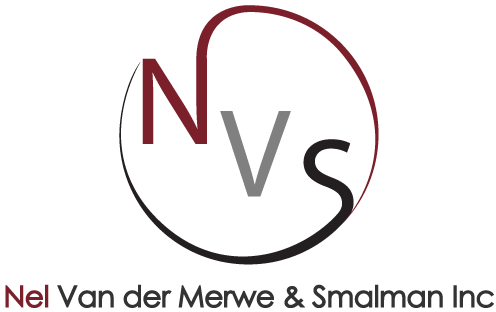The distribution of death benefits in a retirement fund under Section 37C of the Pension Funds Act
October 9, 2020Resolving conflict the right way
November 9, 2020As a tool to reduce or avoid estate duty and/or donations tax, financial planners made use of trusts. This technique allowed the estate owner to transfer assets to a trust to allow his estate to be smaller, but still allowing control over the assets. This was done by way of a loan to the trust without an interest rate being charged or with an exceptionally low interest rate being charged.
As from 1 March 2017, section 7C of the Income Tax Act provides that a donation will be made by a person who makes a loan to a trust and either does not charge an interest rate or charges interest at a lower rate than the official rate of interest. “Official rate of interest” is defined as the current repo rate plus 1%.
On 17 September 2020 the repo rate was confirmed at 3.5%. Therefore, the official rate of interest will be 4.5%. Should a loan to a trust be made and the interest rate charged for less than this amount, the difference will be regarded as donation and will be taxed at 20% (but will be at 25% on the portion above R30m).
However, it must be kept in mind that natural persons are entitled to a donations tax exemption of up to R100,000 per annum. Therefore the lender will only pay donations tax on the deemed donation insofar it exceeds R100,000. The result of donations tax will only be payable on interest free loans in excess of R2,200,000 (R2,200,000 x 4.5% = R99,000).
Example:
Peter, a beneficiary to a trust, lent the trust R5,000,000 at an interest rate of 1% per annum. The deemed donation for the year of assessment will be equal to:
= (R5,000,000 x 4.5%) – (R5,000,000 x 1%)
= R225,000 – R50,000
= R175,000
Assuming Peter made no other donations during the year, he will be liable for 20% donations tax on R75,000 (R175,000 – R100,000). Therefore he will have to pay R15,000 donations tax.
The question is whether there is a future for trusts as estate planning tools. It is very important to have clear vision of why a trust is needed. If it is merely to save taxes, the trust might not serve that purpose. However, if it is to protect assets against creditors and beneficiaries; estate planning for future generations; continuity of unhindered continuity of business assets; ease of estate administration up the death of the estate owner or the limitation of estate duty, then the trust is still a viable estate planning tool.
It must, however, be kept in mind that this is only a basic explanation to the extreme and complex calculations when considering Section 7C for estate planning.
NVS Inc provides the necessary advice with regards to estate planning.
This article is a general information sheet and should not be used or relied on as legal or other professional advice. No liability can be accepted for any errors or omissions nor for any loss or damage arising from reliance upon any information herein. Always contact your legal adviser for specific and detailed advice. Errors and omissions excepted (E&OE)
